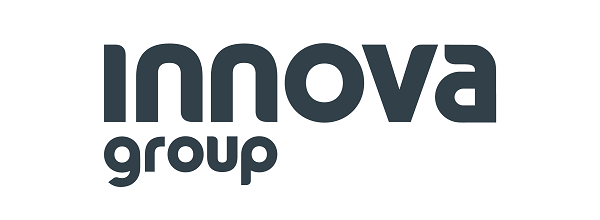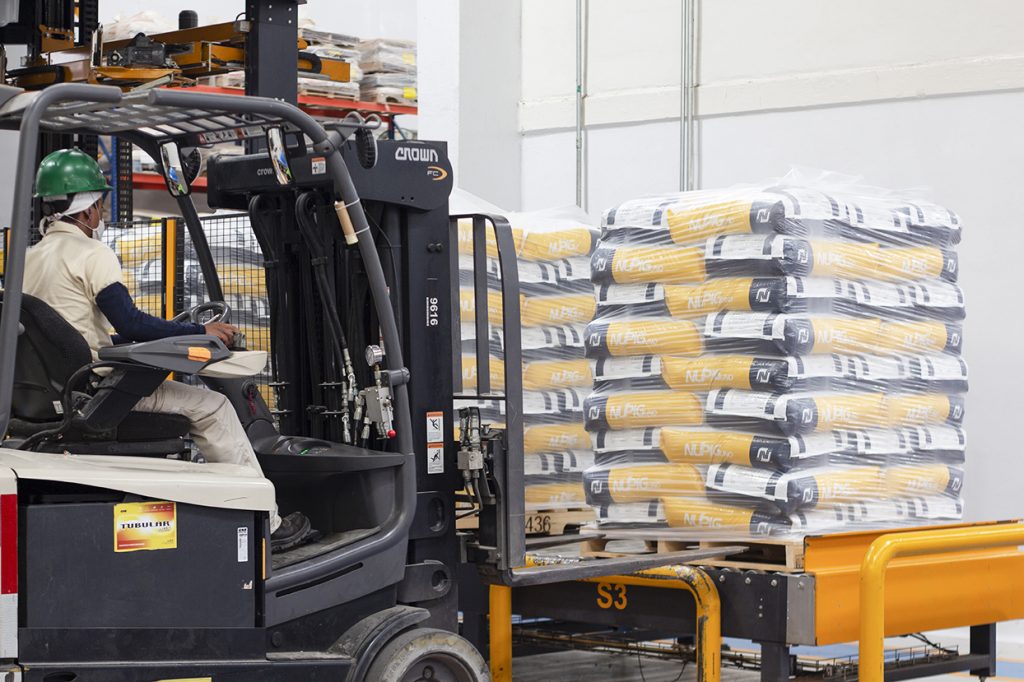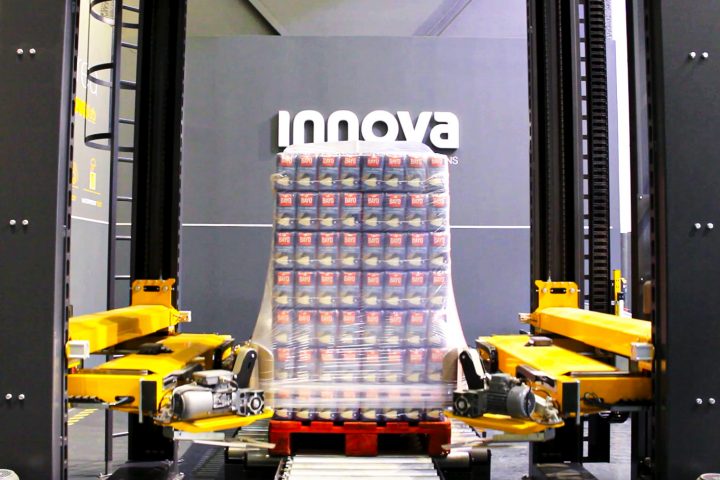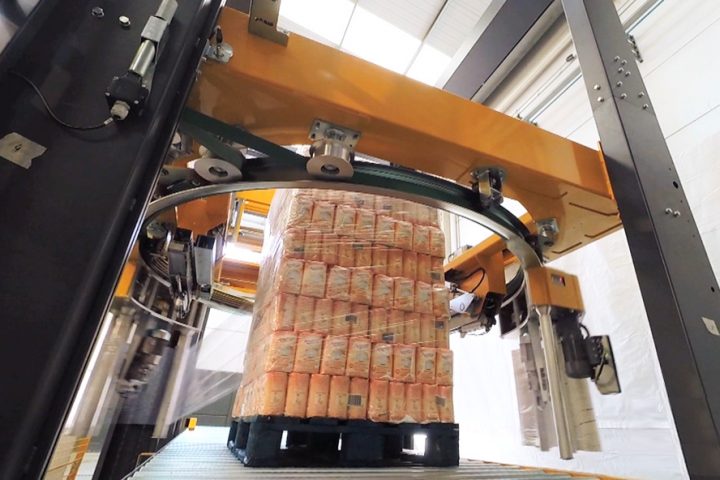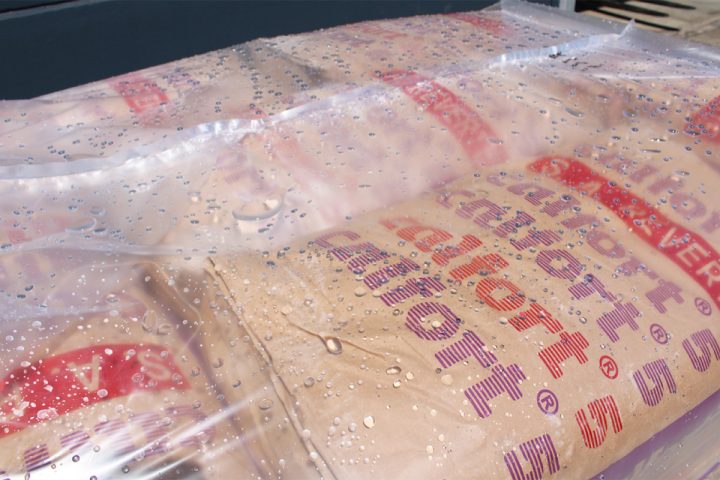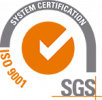New FSMA 2025 regulation in the US: How Stretch Hood ensures Compliance for Food Producers
Recently the US government issued a new Food Safety Modernization Act (FSMA) -2025 withnew regulations aimed at production safety and food traceability. This new regulation will impose stricter standards for packaging, handling, and transportation to minimize contamination risks. This will affect not only US producers but also any international company exporting food products to the US market. As compliance becomes mandatory and will be enforced starting January 2026, businesses must adapt their packaging solutions to meet FSMA’s evolving requirements.
One of the key areas of focus for the new rule will be food packaging, which includes primary, secondary, and tertiary packaging, such as the final load wrapping. Implementing automatic packaging systems that offer enhanced protection for food loads, like the Stretch Hood packaging system, will be recommended as a solution to meet many of the FSMA requirements.
In this article, we will explore the key changes introduced by FSMA 2025 and how Stretch Hood technology can help food producers comply with the new regulations while optimizing their packaging operations.
Key Changes in FSMA 2025 for Food Producers
FSMA 2025 introduces several updates that impact food packaging and transportation. One of the significant updates under FSMA is the Final Rule on Requirements for Additional Traceability Records for Certain Foods, commonly referred to as FSMA Rule 204. This rule, will be enforced starting January 20, 2026, and introduces enhanced traceability requirements for specific high-risk foods listed on the FDA’s Food Traceability List (FTL).
Key Provisions of FSMA Rule 204:
- Enhanced Recordkeeping: Entities that manufacture, process, pack, or hold foods on the FTL are required to maintain records containing Key Data Elements (KDEs) associated with Critical Tracking Events (CTEs) such as harvesting, cooling, initial packing, shipping, receiving, and transformation.
- Traceability Lot Code: Assigning and maintaining traceability lot codes for products to facilitate rapid identification and removal of potentially contaminated foods from the market.

Impact on Food Manufacturers Regarding Packaging:
While FSMA Rule 204 primarily focuses on traceability and recordkeeping, it indirectly affects packaging in the following ways:
1. Enhanced Sanitary Transportation of Food (STF) Requirements
- The new regulations establish stricter guidelines for preventing contamination during food transportation.
- Food products must be secured with packaging that protects against dust, moisture, and external pollution.
- Temperature-sensitive products require additional measures to prevent spoilage during transit.
Meaning a packaging system that can provide more hygiene and protection will be preferred to comply with the new rule.
2. Increased Focus on Packaging Integrity
- FSMA 2025 mandates that packaging must effectively seal and protect food products from physical, chemical, and biological contaminants.
- Damaged or compromised packaging can result in regulatory penalties or product recalls.
Even tertiary packaging, such as wrapping (or Stretch Hooding), will be considered to provide better sealing of the food product.
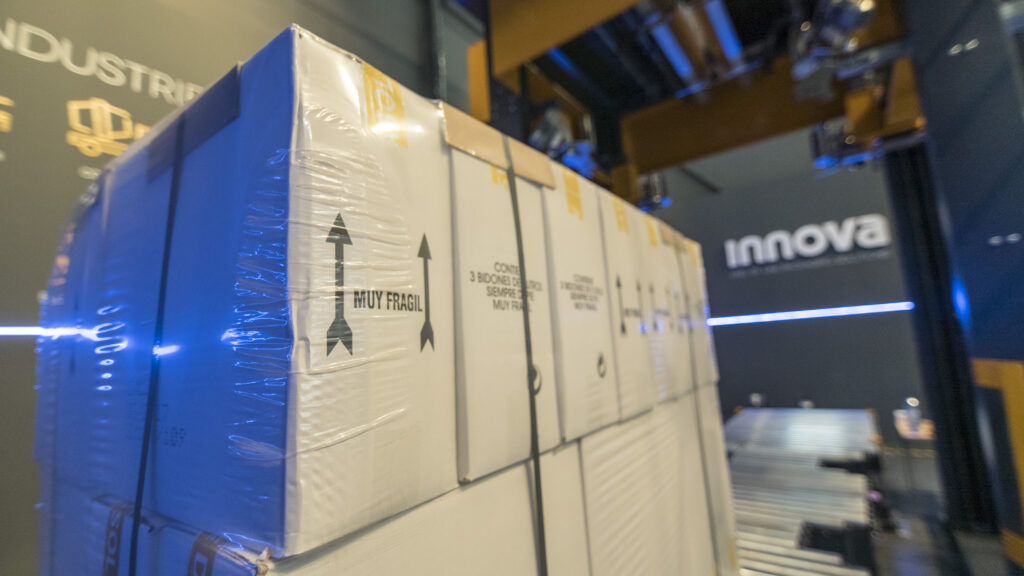
3. Tighter Traceability Measures
- Food manufacturers must enhance product traceability with clear labeling and secure packaging.
- Transparency in packaging helps inspectors and supply chain partners verify food integrity without opening shipments.
Stretch hood and shrink hood systems provide excellent wrapping transparency. However, stretch hooding has become more popular because it doesn’t require heat to shrink-wrap and minimizes impact on the cargo contents.
4. Sustainability and Safety Standards
- The FDA is promoting the use of sustainable materials that do not compromise food safety.
- Packaging solutions that reduce plastic waste and enhance recyclability are preferred under the new guidelines.
Stretch Hood is a more efficient option here, using 50% less film than Stretch Wrapping and consuming less energy than Shrink Hooding.
While FSMA 2025 is a U.S. regulation enforced by the FDA, its impact extends globally. All food producers, processors, and distributors within the U.S. must comply. Additionally, international companies that export food to the U.S., as well as global suppliers to U.S.-based manufacturers, must also meet these requirements to avoid import rejections or regulatory delays.
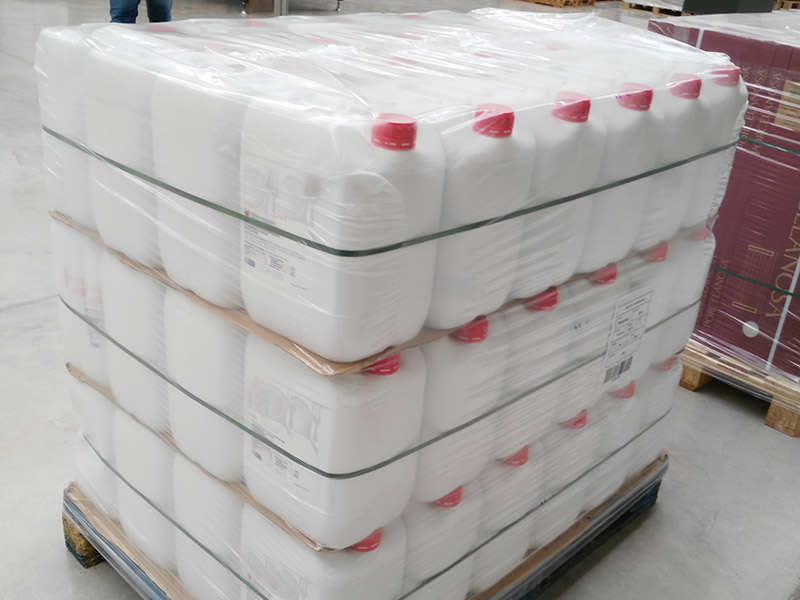
How Stretch Hood Technology Supports FSMA 2025 Compliance
Stretch Hood is a preferred packaging system over stretch wrapping that helps food manufacturers comply with FSMA 2024, particularly Rule 204, due to its advantages in traceability, hygiene, and product protection.
1. Stretch Hood provides 100% Hermetic, Hygienic, and Contaminant-Free Packaging
- The Stretch Hood film provides a tight, completely sealed barrier around food pallets.
- Protects against dust, moisture, and other airborne contaminants.
- Unlike traditional stretch wrapping, there are no openings that could expose products to external risks.
2. Total Transparency for Traceability and Inspection
- The film’s clear transparency allows for easy visual inspection without breaking the seal.
- Supports quick identification of labels, barcodes, and product information, improving traceability.
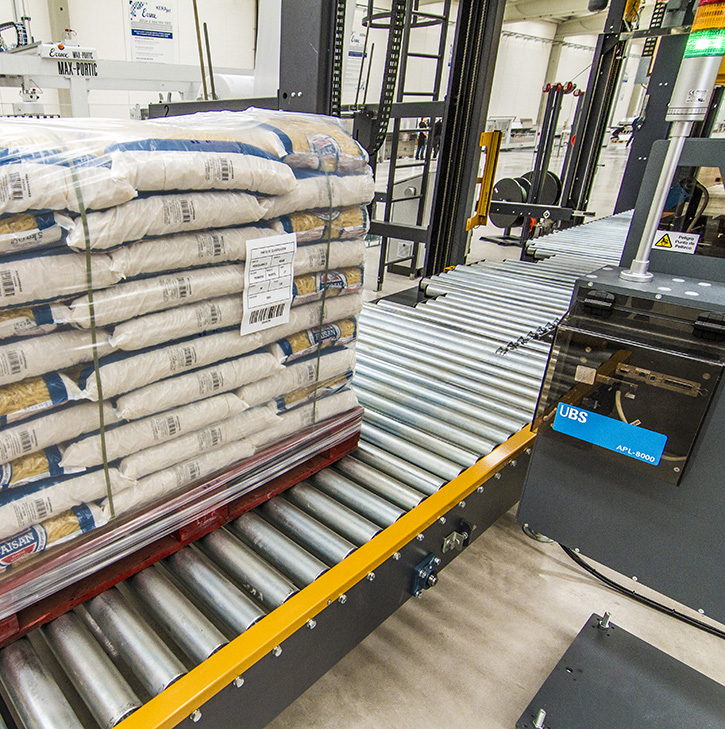
3. Tamper-Evident Sealing
- The Stretch Hood system applies a single, continuous film, making it impossible to remove without visible damage.
- This ensures that any unauthorized access or tampering is immediately noticeable, meeting FSMA’s security requirements.
4. Reduction in Packaging Waste and Compliance with Sustainability Goals
- Stretch Hood uses less plastic than shrink wrap or stretch film, reducing environmental impact.
- No need for heat shrink tunnels, which lowers energy consumption and minimizes carbon footprint.
- Compatible with recyclable and food-safe film options, aligning with FDA sustainability goals.
5. Optimized Load Stability for Safe Transportation
- Stretch Hood provides high load retention, preventing movement and reducing product damage.
- Ensures stability during transportation, minimizing the risk of spills or product loss.
- Particularly optimal for bulk food products, beverages, and bagged items.
Thus, Stretch Hood technology is a proven system that not only ensures full compliance with these new regulations but also provides cost savings, sustainability benefits, and enhanced product security.
In conclusion, as FSMA 2025 brings sweeping changes to packaging and traceability standards, food producers must act now to ensure compliance before enforcement begins in January 2026. Stretch Hood technology stands out as an effective, future-proof solution that not only meets the new regulatory demands but also enhances packaging efficiency, hygiene, and sustainability.
Do you want to know if Stretch Hood is the right solution for your food products?
At Innova Group, we specialize in manufacturing automated packaging systems that help producers comply with industry regulations. Contact us today or get a personalized assessment of how Stretch Hood can support your compliance and improve your packaging process.
